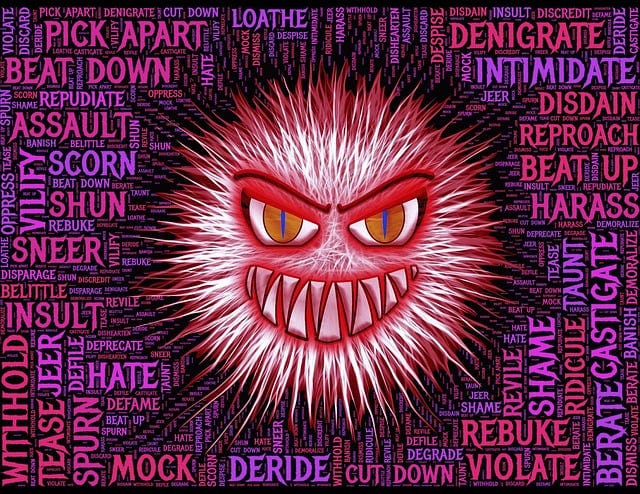Unmasking Hatred: Insights into the Roots of Violence and Social Discord
Tragically, the false perception of a common enemy is the fuel that leads to dictatorship.
Willard Gaylin was a distinguished psychiatrist and psychoanalyst who explored the many layers of hatred. Hatred is a highly complex and frequently tragic human emotion that has led to significant historical events that have led to war, murder, racism, and genocide. Gaylin turned his critical eye to the roots of hatred and how it evolves into destructive actions by individuals living in nations that generate violence against ourselves and others.
In his book, "Hatred," Gaylin underlines the importance of understanding and preventing one of our society's most devastating forces. He posits that vulnerability, fear, and identity/security most often start it all. His exploration goes beyond the dynamics of relationships. He writes about politics, racism, xenophobia, antisemitism, and clashes of ideologies.
In discussing the Holocaust, Gaylin writes that the Nazis dehumanized the Jews, which made it easier for people to be vicious and murderous towards them.
Former president Donald Trump and the Republican Party nominee for the next election lead the MAGA (Make America Great Again) movement, which employs loud rhetoric that splits society apart. Followers consistently say they feel alienated, afraid of losing their culture and economic security.
A populist appeal and expressions of nationalism have partly defined the movement. Led by Trump, they use inflammatory language on immigrants and political opponents, including other conservative Republicans. Apprehensibly, all of this has created an environment reminiscent of Nazi Germany.
Every dictator in history created what was perceived as a common enemy. In this case, illegal immigrants, liberal Democrats, and others have been targeted as the common enemy. Illegal immigrants have been labeled as criminals, liberal Democrats as communists, and the list is longer. The proliferation of conspiracy theories is another example of a response to imagined threats.
Everything has come to a head in the explosive world of American politics in the assassination attempt of Donald Trump. Which only made conspiracy theories even worse.
I encourage everyone to read or reread George Orwell's classic novel 1984 and to engage in a conversation about this vital issue.







I know what you mean but is no perfect system of perfection. This was not part of a conspiracy. This was a real attempt to assassinate Trump. It’s a good thing to shooter failed because he succeeded. It’s hard to predict what the results would’ve been good.
I find the conversation around violence unproductive. Donald Trump has been encouraging violence against "the others" since he has had a public platform. Why is everyone condemning violence against him all of a sudden? Hypocrisy.